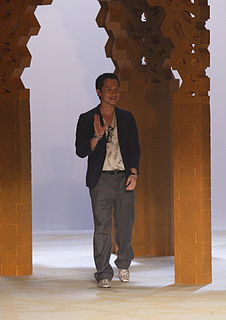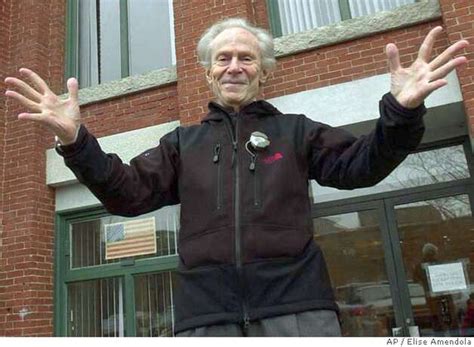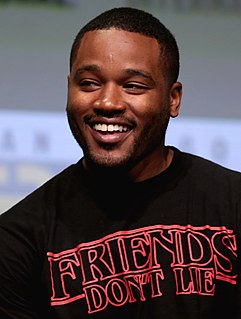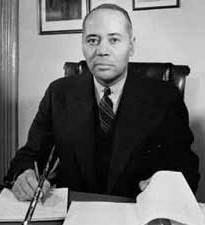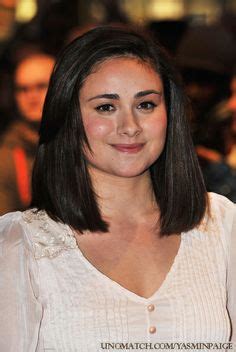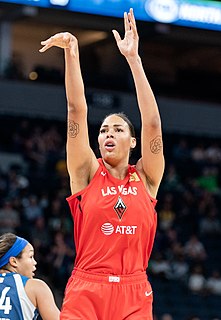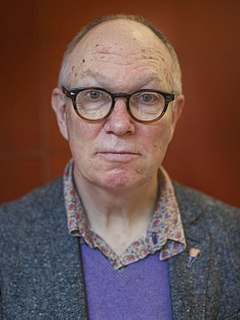A Quote by Nigel Ng
I wasn't raised in a very Western environment. I went to a Chinese-speaking school. In my group of friends, the goal was to be a white-collar worker: an engineer, lawyer, accountant.
Related Quotes
I have a responsibility to the worker, both blue-collar and white-collar. I have an equal responsibility to the community. It would have been unconscionable to put 3,000 people on the streets and deliver a deathblow to the cities of Lawrence and Methuen. Maybe on paper our company is worthless to Wall Street, but I can tell you it's worth more.
A lawyer’s either a social engineer or … a parasite on society … A social engineer [is] a highly skilled, perceptive, sensitive lawyer who [understands] the Constitution of the United States and [knows] how to explore its uses in the solving of problems of local communities and in bettering conditions of the underprivileged citizens.
I deliberately look for colorful people. They're very right for theatre. Theatre has to be theatrical. If you can get color into the accountant, you've got something. Write the whole thing first and then say he's an accountant. That's a very wacky accountant, but so what? Theatricality feeds and challenges the actor, the director, and the designers.


